The countries with surprising stockpiles worth a fortune
Weird and wonderful reserves around the world
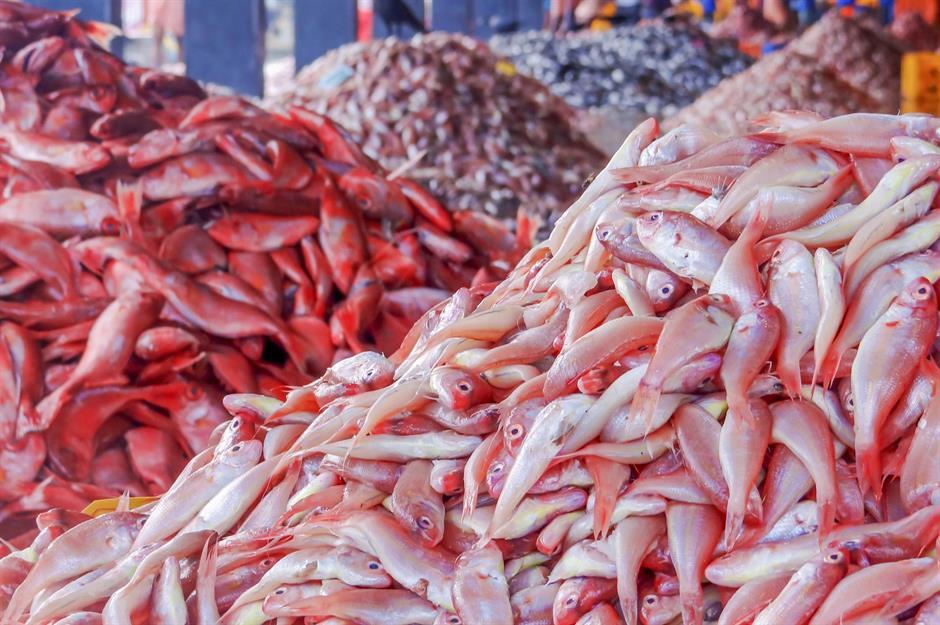
Barrels of maple syrup stack up in Canada
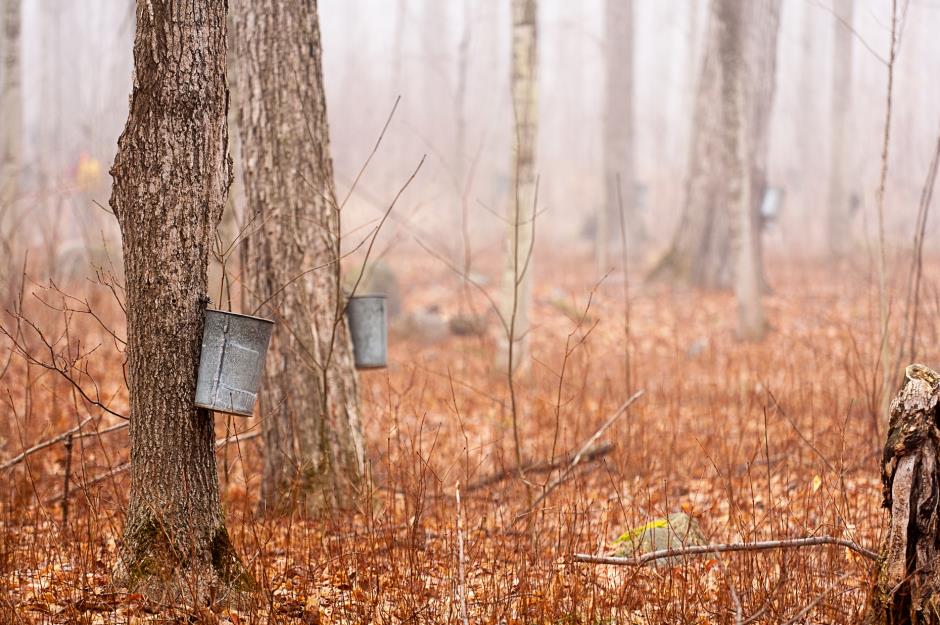
Barrels of maple syrup stack up in Canada
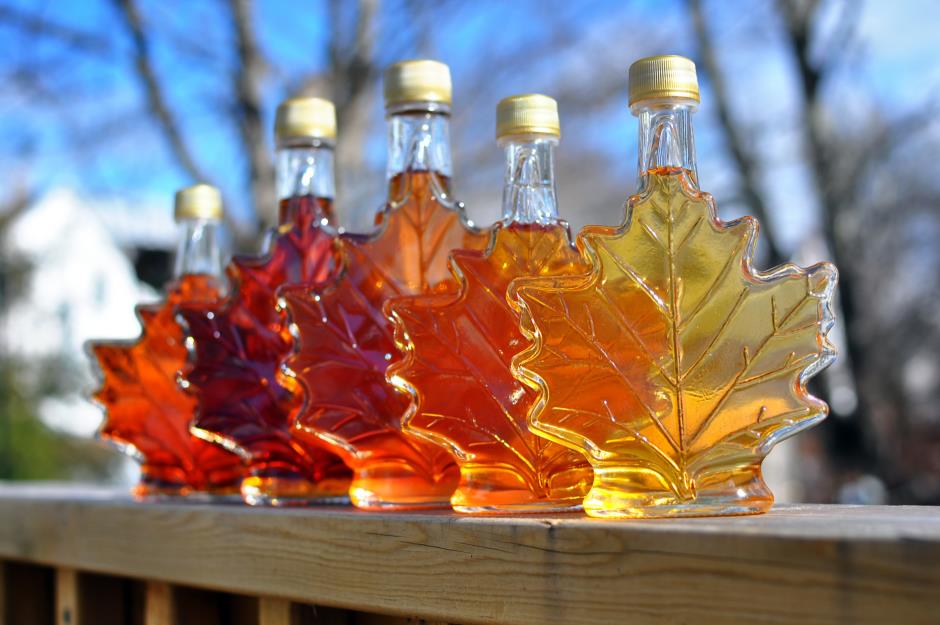
In 2019, 159.4 million pounds of maple syrup was harvested, which generated an estimated C$800 million ($612m/£469m) in income for FPAQ members. To keep the price high, not all of this is released straight on to the market, however. And this stockpile is now heavily secured after thieves made off with 3,000 tons of the syrup over several months between 2011 and 2012, the equivalent of 10,000 barrels of the sweet stuff. The "Great Canadian Maple Syrup Heist" has since been made into an episode of the Netflix documentary show Dirty Money.
Sponsored Content
China piles up pork
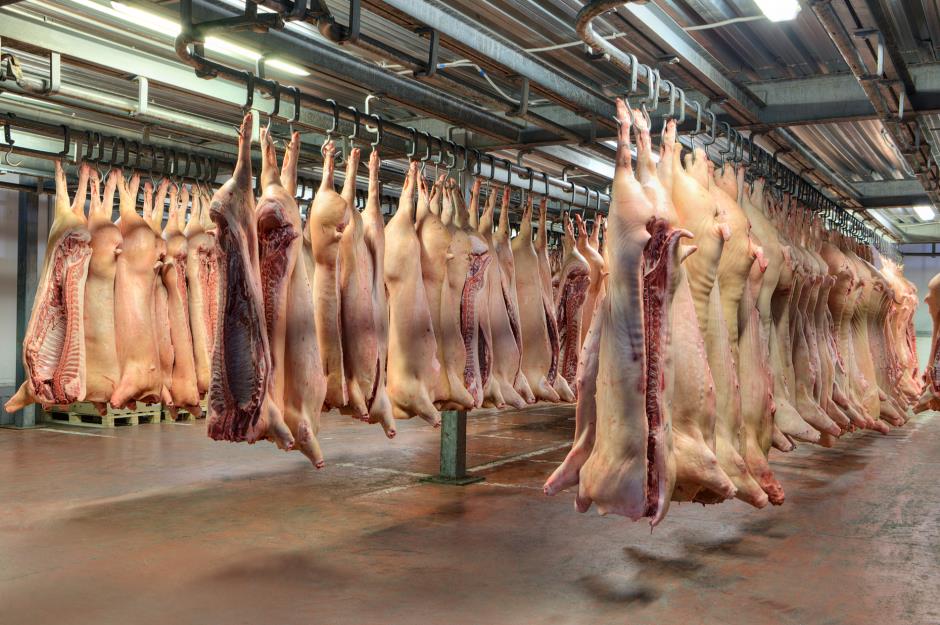
China is thought to be the largest producer and consumer of pork in the world and the Chinese government has often intervened to control the supply and price of its people's favourite food. Rising food prices have been known to trigger periods of civil unrest in the country, which is thought to be one of the reasons the Chinese government likes to control the supply of pork. National and local governments have kept reserves of the meat since the 1970s.
China piles up pork
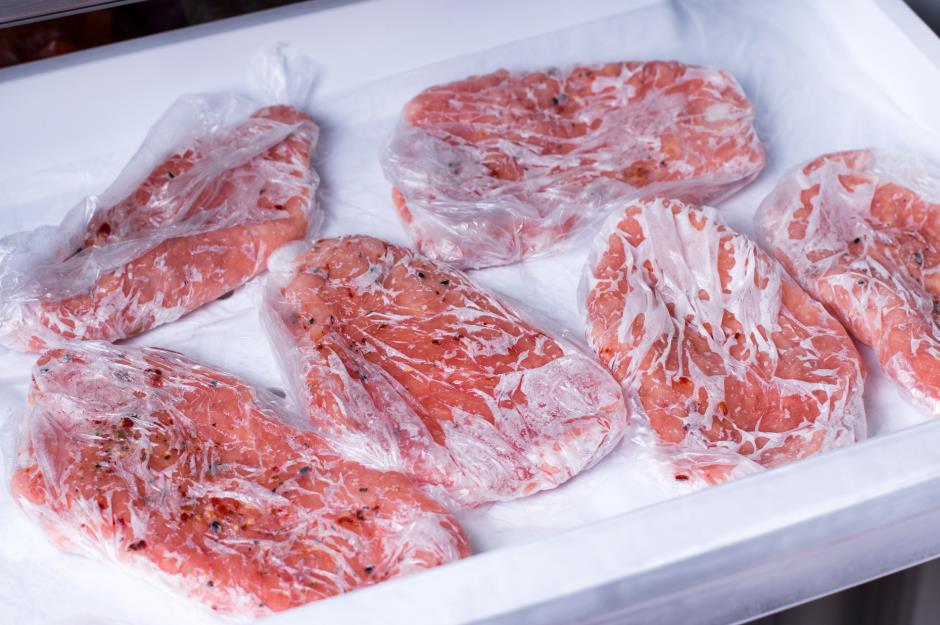
The growing middle class has increased the demand for pork in China and as more people can afford to buy it the price has risen. In March 2016 it was reported that the price of pork in China had gone up nearly 30% year on year. However, due to the recent outbreak of African swine fever that killed millions of pigs the producer price surged over 125% between July and November 2019, according to international food consultancy Girafood. In a bid to compensate the shortage, in December 2019 the government announced that it was going to release 40,000 tonnes of frozen pork from its state reserves for the upcoming holidays.
America has millions of pounds of pork belly
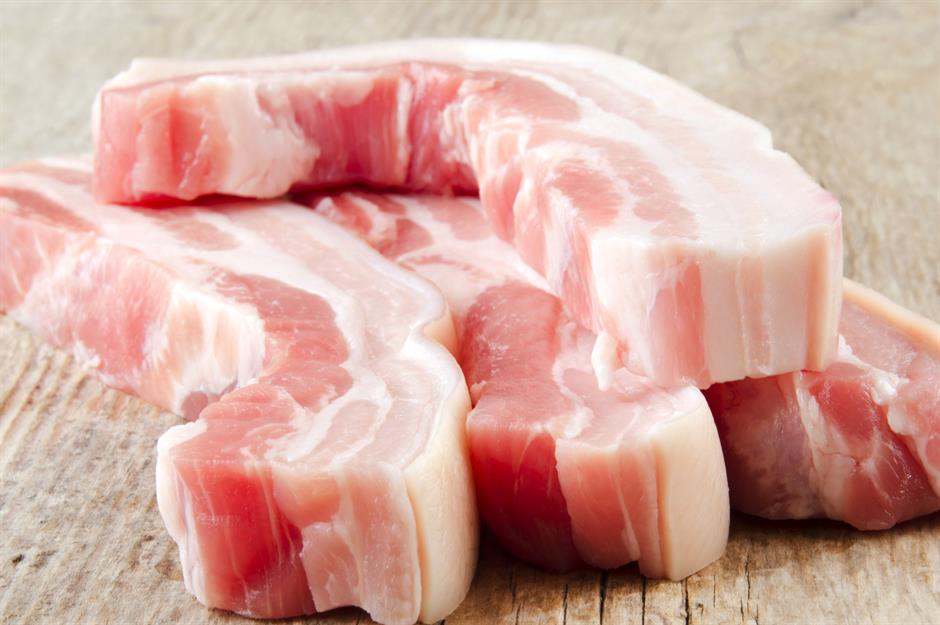
But China isn't the only country stockpiling pork. In October 2019, the US reportedly had 40 million pounds of pork belly (used to make bacon) sitting in refrigerated warehouses across the country, the biggest excess in 48 years. According to Bloomberg, the production accelerated during the summer due to increased imports from China. Only a few years back though, America was in panic of a bacon shortage.
Sponsored Content
America has millions of pounds of pork belly
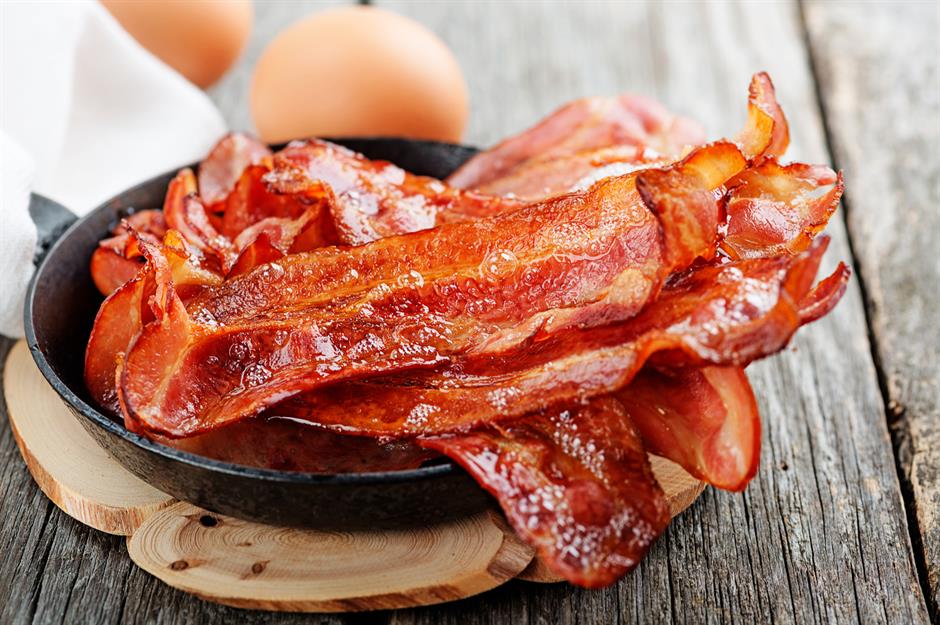
In December 2016, the US pork belly reserves hit a 60-year low, with just 17.8 million pounds left. As a result, prices surged 20% the following month and there were fears the country could run out of its much-loved bacon. The problem has now been reversed and America has a huge pile of uneaten pork belly. But as the trend for exporting pork to China continues, experts suggest that the surplus may soon stabilise.
Russia is collecting wheat
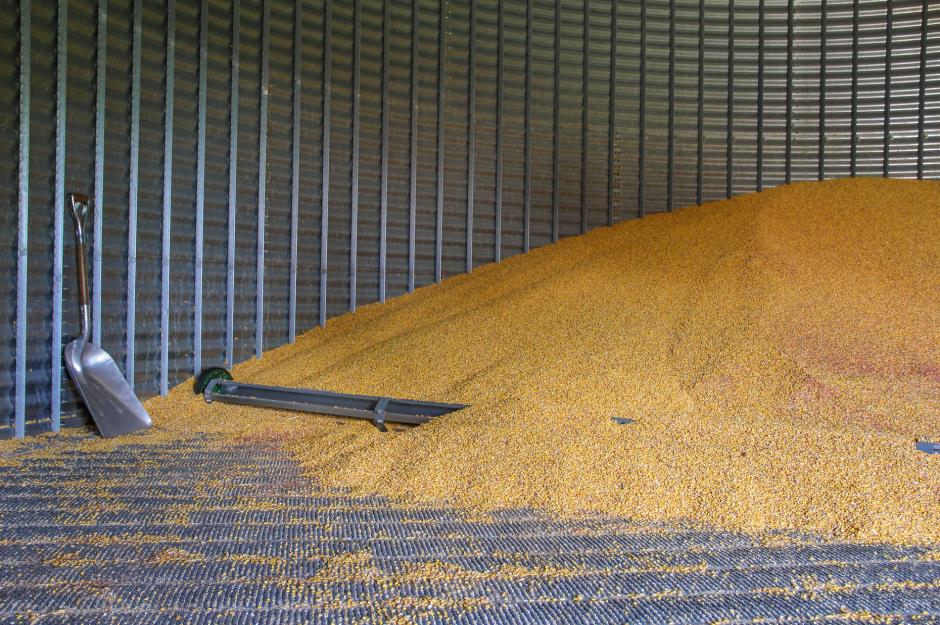
Russian wheat surplus hits European markets
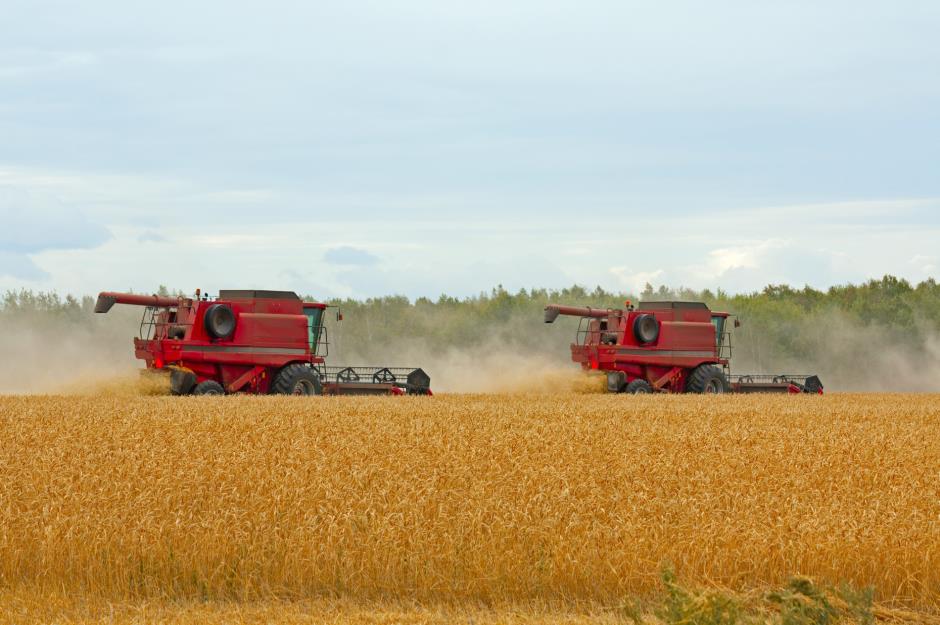
Sponsored Content
America has too much cheese
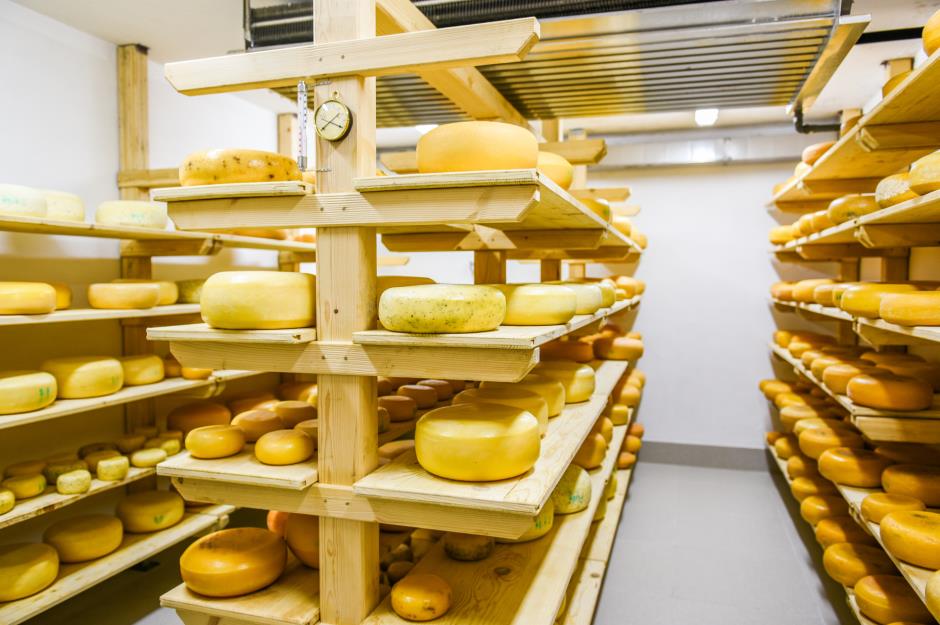
Since 2016 America has produced more cheese than it can eat or sell, leading to huge caches of cheese stacking up in cold-storage facilities across the nation. In January 2019 there was reportedly 1.4 billion pounds of cheese in America's largest stockpile ever. This surplus is partly a result of American cows producing more milk than required, with the excess being put into cheesemaking, but Trump's tariff policy and millennials' tastes have a hand in this too.
Have millennials killed American cheese?
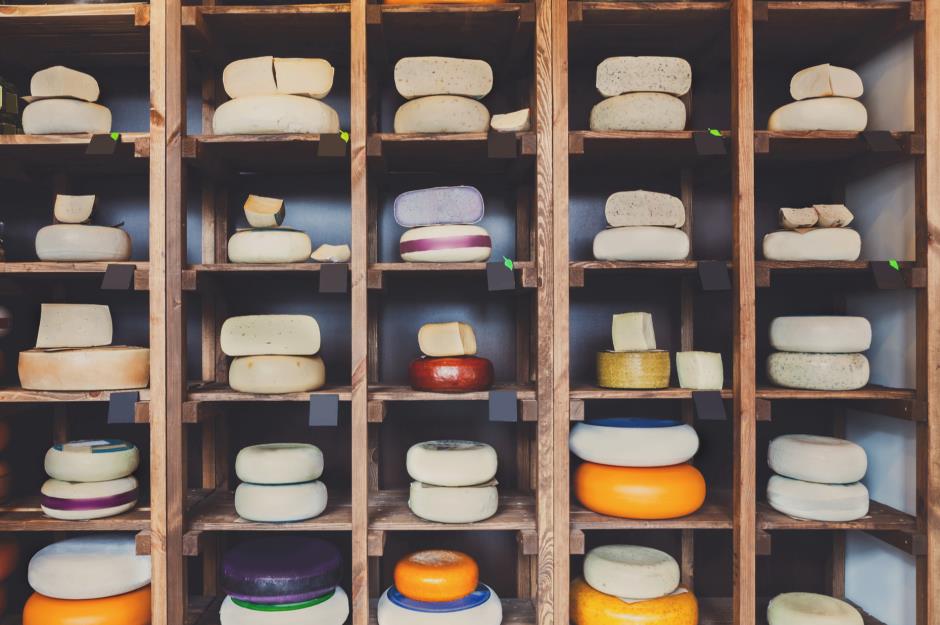
In response to Trump's trade policy, three top importers of American milk products, Mexico, Canada and China, set tariffs on US cheese in 2018, resulting in slumping international sales for the US. But what's more, Americans have turned away from processed American-made cheddar in favour of "fancier", more European-style cheeses. Mozzarella sales, for instance, have surged over the past decade, as many millennials prefer natural cheeses without preservatives, as Bloomberg reports.
Japan piles up plutonium
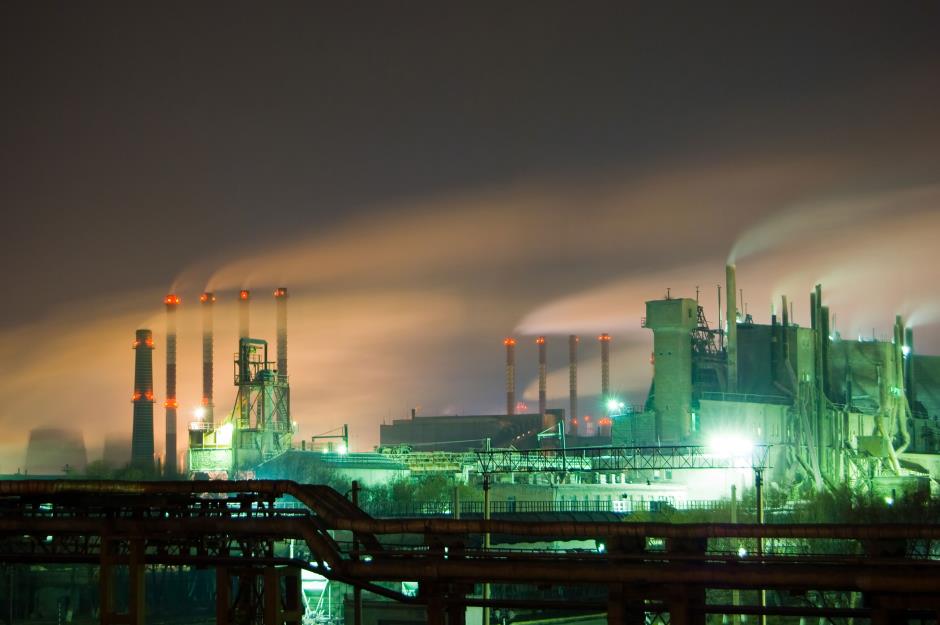
Sponsored Content
Japan stores the bulk of its plutonium overseas
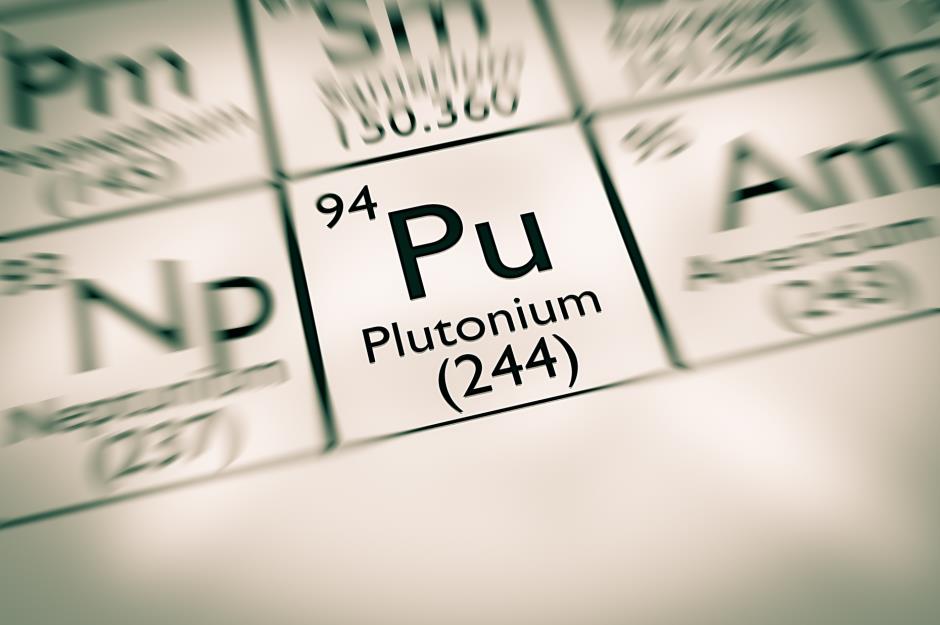
Japan did reportedly reduce its plutonium stores by about 1.6 tonnes, as of the end of 2018, to about 45.7 tonnes. Of this, only about 9 tonnes are said to be stored within Japan. The remaining 36.6 tonnes is said to be held in Britain and France, where spent nuclear fuel from Japanese nuclear plants is sent for reprocessing.
Malaysia stocks up for times of need
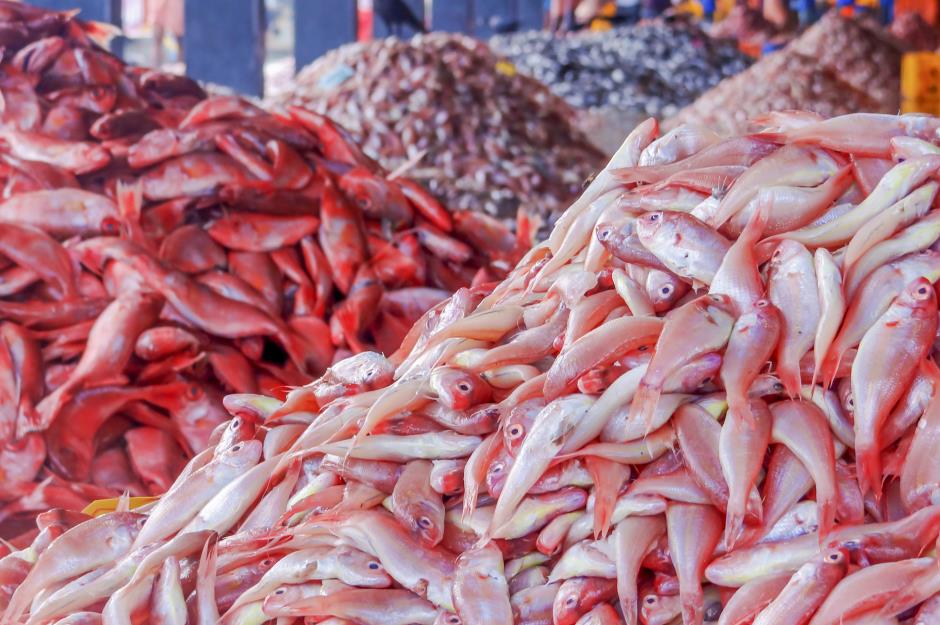
In December 2019, the Malaysian Fisheries Development Authority announced that it would provide 165 tonnes of high-quality frozen fish the the domestic market over the next three years, known as 'Q' fish, held in storage centres across the country. During times of hardship or high demand, such as Chinese New Year and Ramadan, when the price of fish is very high, frozen fish stocks have been released at less than market price, in a bid to stabilise pricing in the country.
Malaysia stocks up for times of need
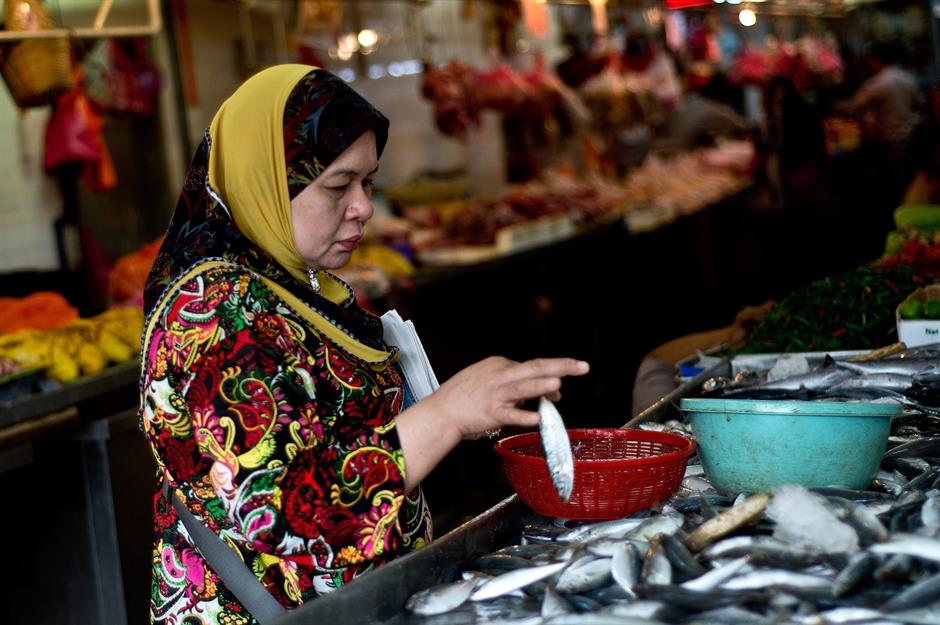
Sponsored Content
Butter built up in Europe in the 1980s
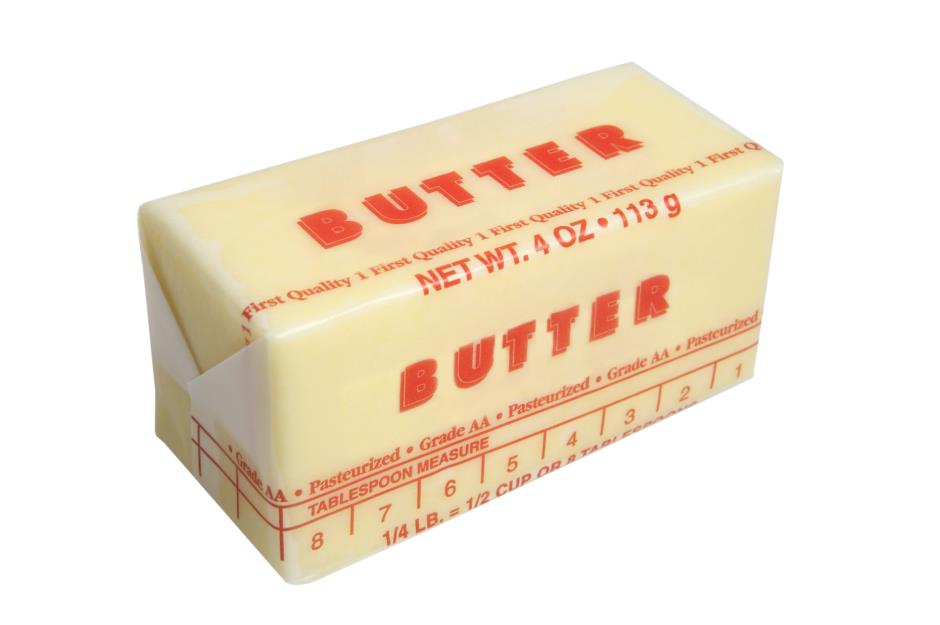
In 1986, the European Union member states were said to be storing around 1.5 million tonnes of surplus butter and were spending $1.3 billion a year storing it. This excess was blamed on modern intensive farming practices increasing yields, rising prices in Europe which shrunk the traditional export markets for butter abroad, and the Common Agricultural Policy, which gives protection to European farmers against foreign competition through levies on imports.
Europe's butter is now spread more thinly
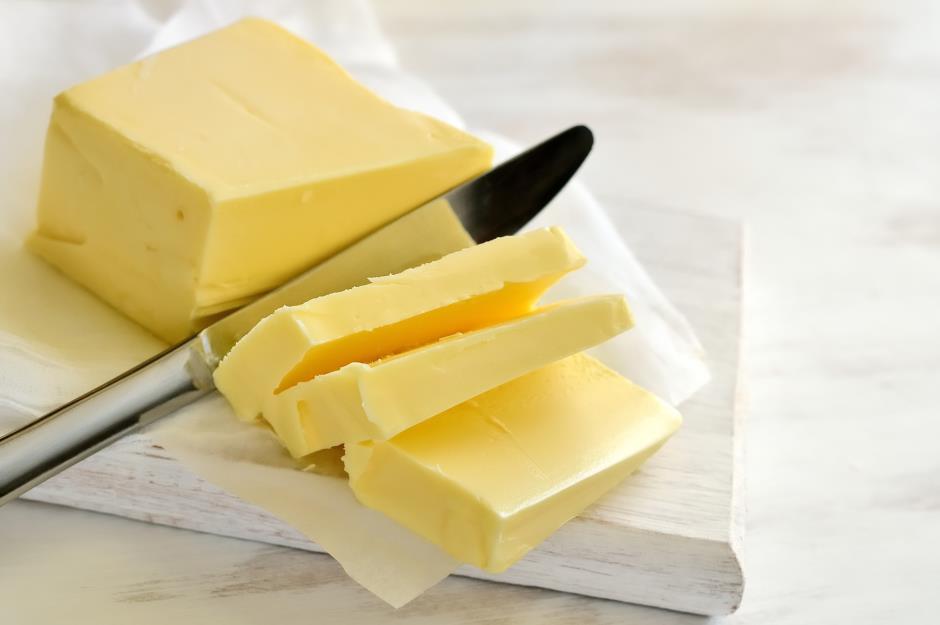
More than 30 years later, Europe's butter mountain is now little more than a puddle. In May 2017, the European Union was reported to have just 1,369 tonnes in its reserves, down from the 92,548 tonnes held just a year before. It is thought this fall was down to a reduction in milk production and a growth in butter consumption, with many people now seeing butter as healthier than vegetable oil margarine-type alternatives. Butter prices have risen as a result.
Norway has a vault of seeds
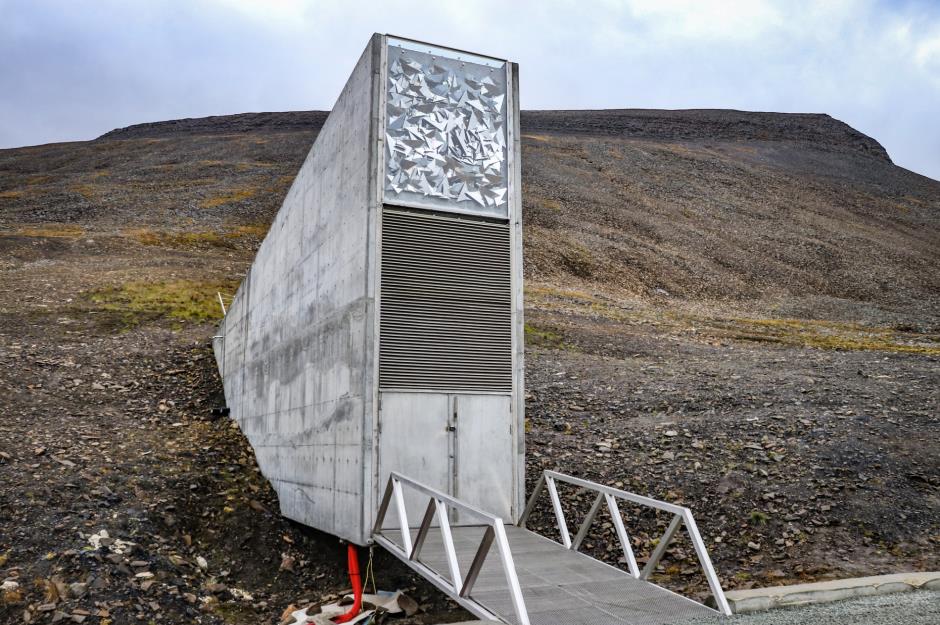
Sponsored Content
Norway has a vault of seeds
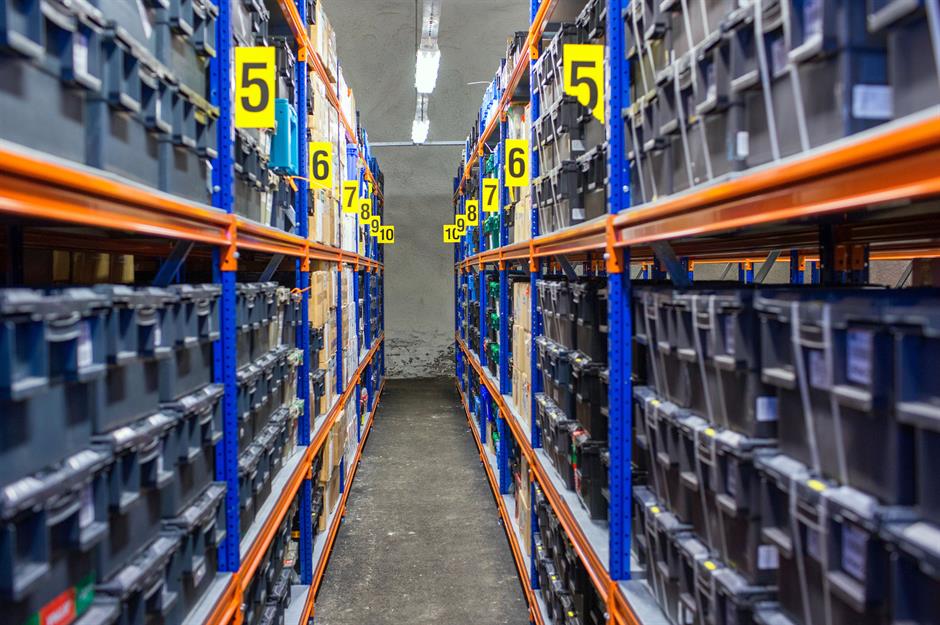
But the seed bank, which was built to withstand any eventuality, didn't have quite what was needed to protect it against global warming. It was built underneath permafrost, but unusually high temperatures have caused parts of this to melt and, while the water didn't get inside the seed bank itself, it penetrated the entrance. Norway has set aside $13 million (£9.9 million) to upgrade the facility to ensure its 890,000 seed samples stay out of harm's way.
Antarctica is the home of the world's ice bank
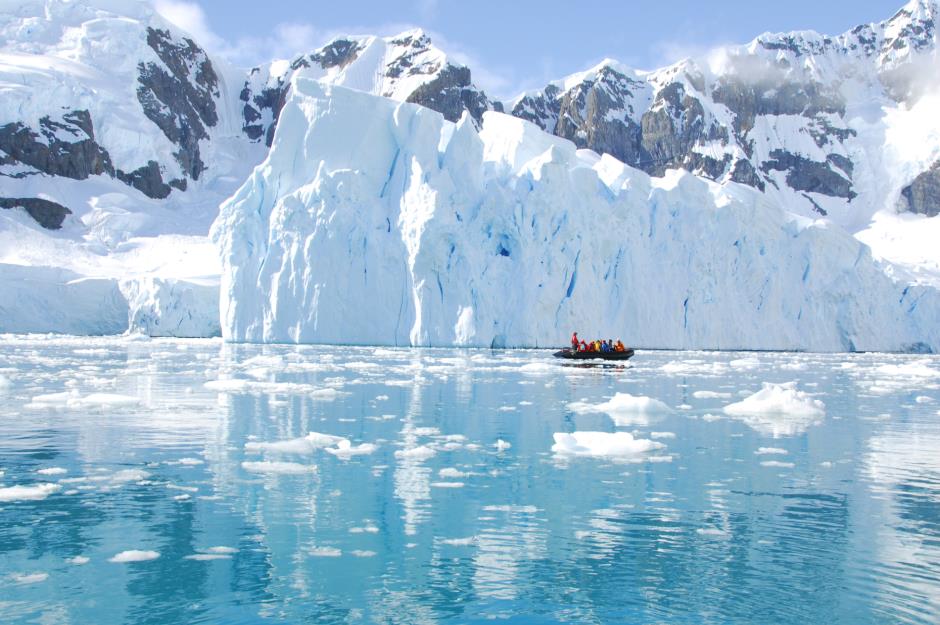
Antarctica is the home of the world's ice bank
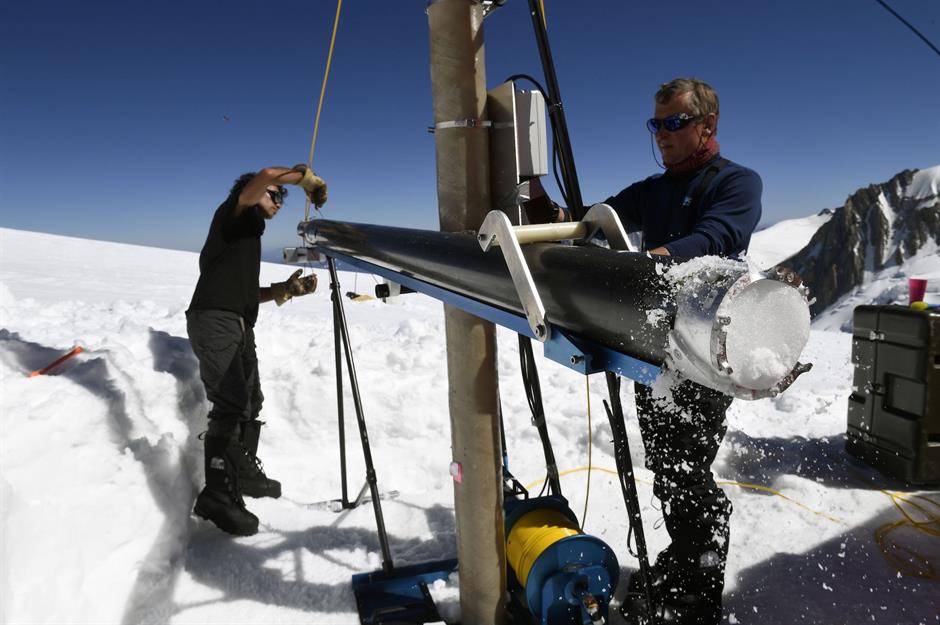
Glaciers most at risk of global warming around the world are earmarked for the ice bank before a drilling mission extracts two or three full ice cores for storage. These cores are then carefully carried down the glacier in specially-insulated boxes and transported by ship to Antartica, where they enter the archive facility.
Read more about the Antarctica and the secret battle to own the world's forgotten continent
Sponsored Content
India banks on cotton
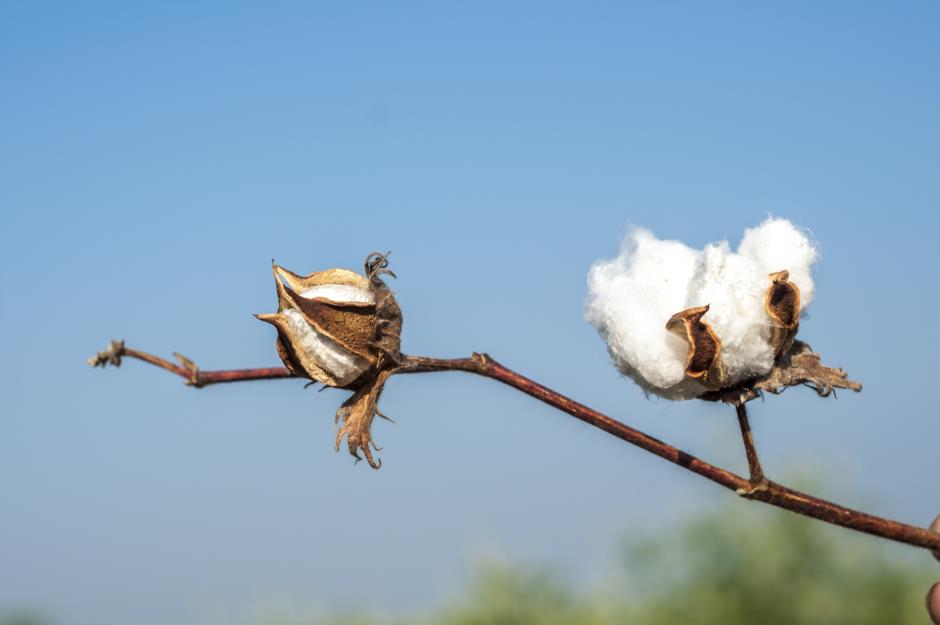
India is the world's largest cotton producer. Between 2019 and 2020 it has been forecast to produce around six million tonnes of cotton with about one tonne of this lined up for export. The government-run Cotton Corporation of India is designed to protect the interests of cotton farmers and to ensure they get a fair price for their cotton. As part of this mission it stockpiles cotton too. At one point in 2015 it was said to have held 6.5 million bales of cotton in its stores.
India banks on cotton
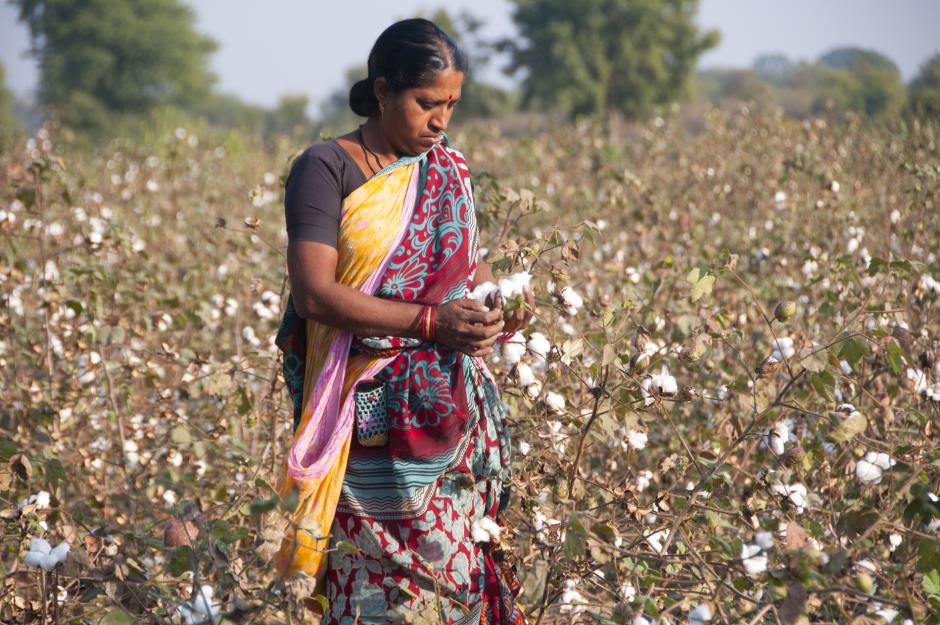
England has a bank of frozen animal DNA
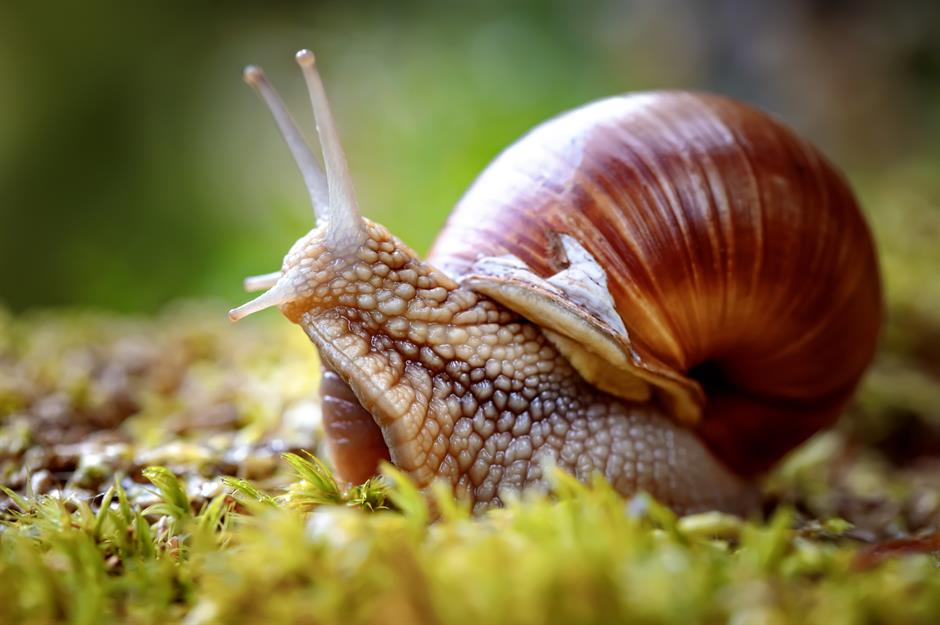
Sponsored Content
England has a bank of frozen animal DNA
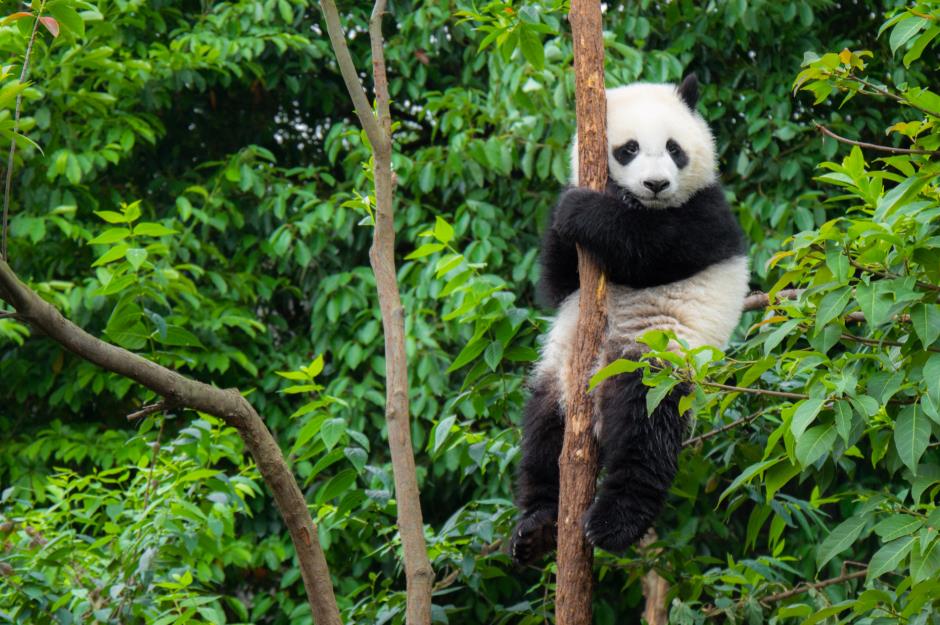
Museums, researchers and zoos worldwide are now members of the Frozen Ark Project consortium. So far, over 48,000 DNA samples have been collected and stored in its -80°C (-112°F) freezers based in Nottingham, England. These include samples from the scimitar horned oryx, which is extinct in the wild, and a variety of endangered species such as the Colombian spider monkey, pileated gibbon, siamang gibbon, lar gibbon, snow leopard and Malayan tapir.
Rice stacks up in Vietnam
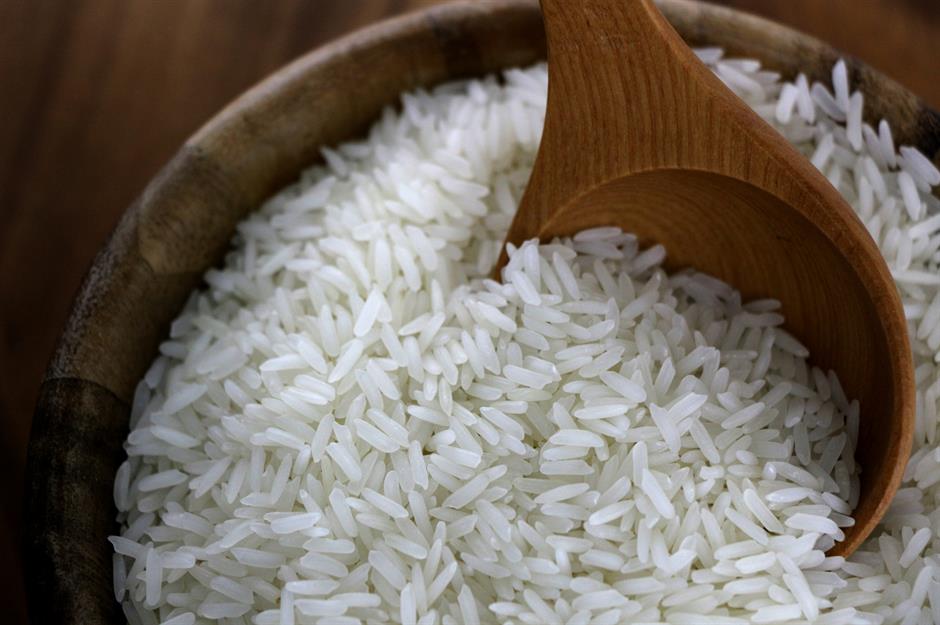
Between 2018 and 2019, Vietnam, one of the world’s top rice exporters, produced 27.8 million tonnes of rice, according to the U.S. Department of Agriculture’s Foreign Agricultural Service (FAS). That might sound a lot, but it was a smaller harvest year as the weather was drier than usual, a drop which is expected to continue into 2020 as the government is encouraging farmers to switch to other crops in areas where water is sparse. However, to protect the nation's staple food from unforeseen circumstances, Vietnam has a national rice reserve that can be dipped into in times of need.
Vietnam's government boosts national rice reserves
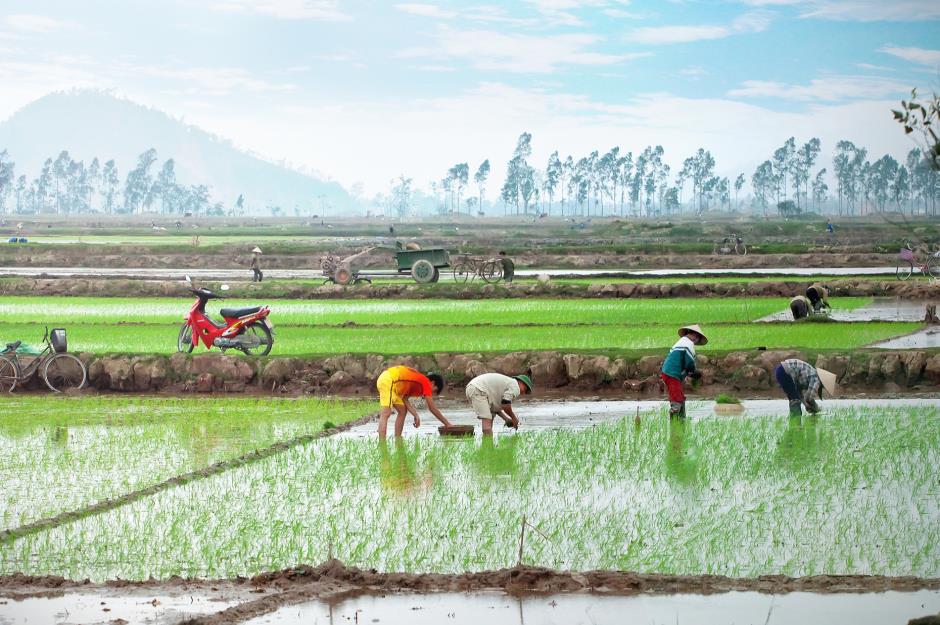
According to Vietnam's National Food Authority, in August 2019 the rice buffer was large enough to feed the whole country for 13 days, with 425,000 tonnes stockpiled in 8.5 million bags. In December 2019, over 110,700 tonnes of rice, worth more than VN$1 trillion ($43.3m/£33.1million), were released from the national reserve to support people after natural disasters.
Sponsored Content
Rubber is on tap in Thailand
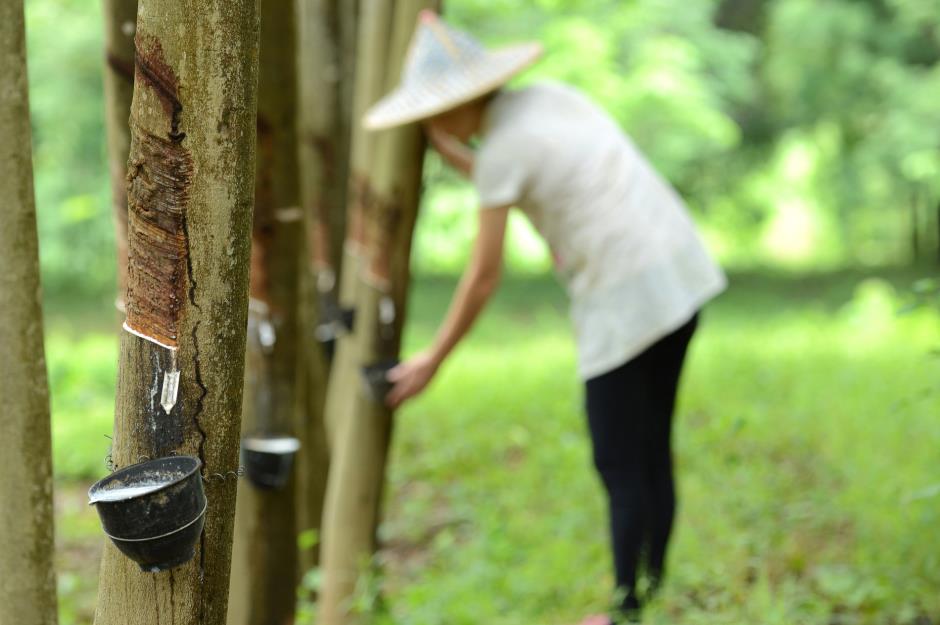
Thailand sells off some of its rubber reserves
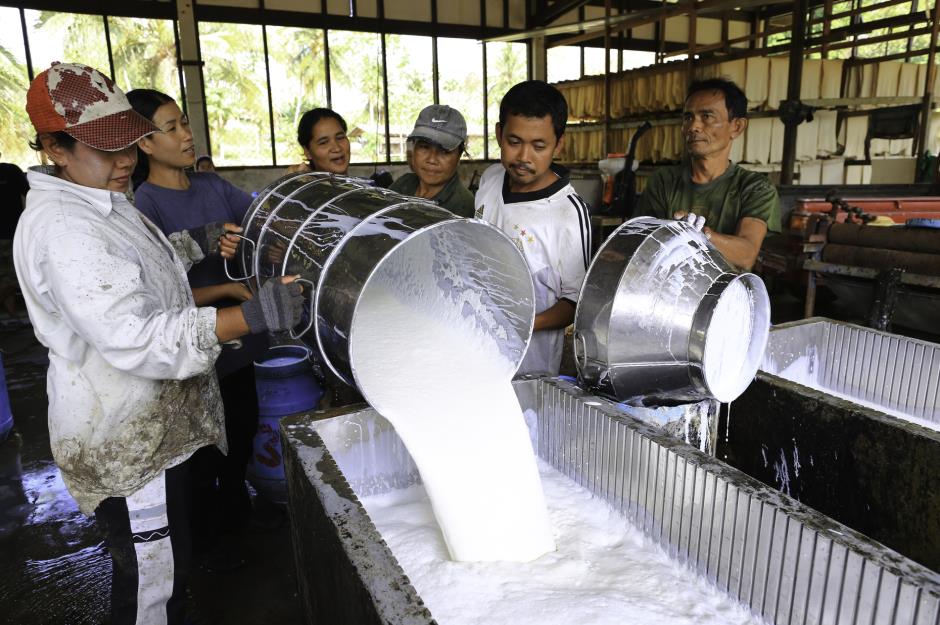
In 2017, the Thai government announced it was selling 98,000 tonnes of rubber from its national reserves. This sale, worth around 6.64 billion Thai baht ($211m/£161m), was designed to minimise the damage to the economy caused by recent flash floods in Thailand's main rubber-plantation region. Most recently the government has approved a 20-year plan to reduce rubber plantations in order to increase its value of exports.
Cuba saves up tobacco
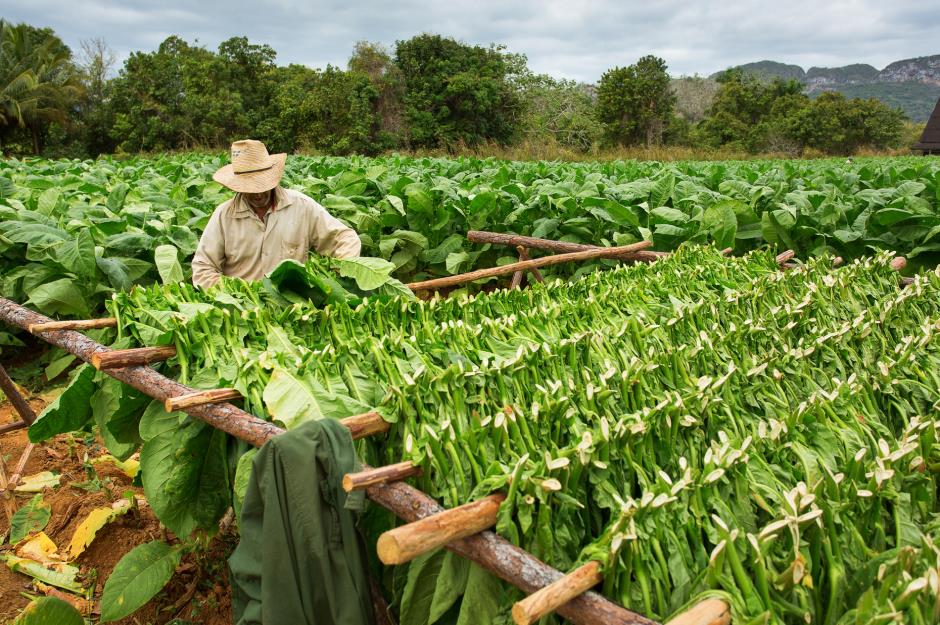
Sponsored Content
Cuba saves up tobacco
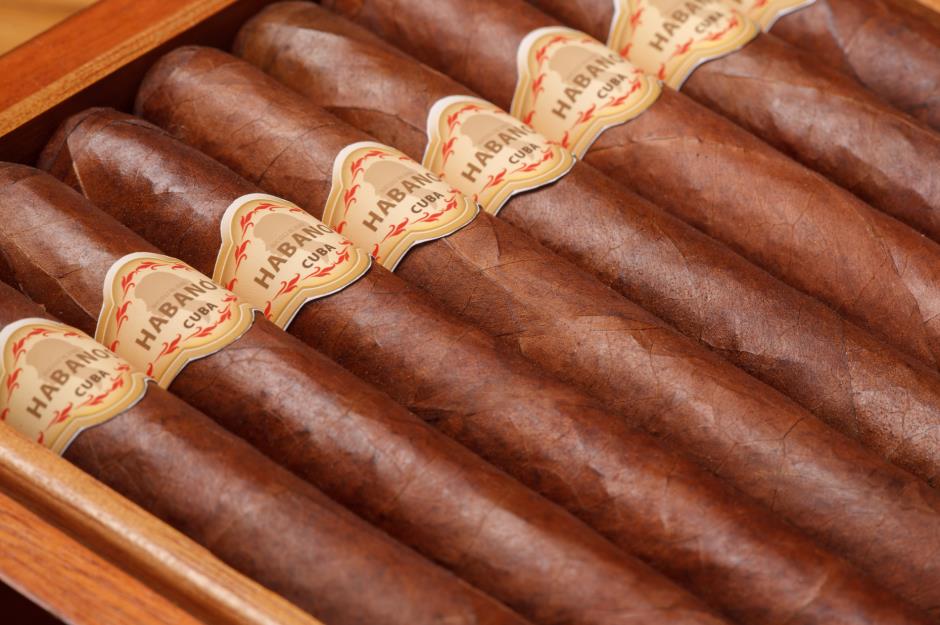
In 2010, Cuba's tobacco harvest was cut right back in response to a fall in global demand for cigars. This was triggered by a global economic crisis and a reduction in tobacco smoking for health reasons: in 2009 Cuba reportedly exported 73 million cigars, down from 217 million in 2006. At this time, instead of buying in fresh leaves, Habanos began drawing on its stockpile. New demand for cigars from China has helped Habanos to recover, however, raking in $537 million (£410m) in global sales in 2018.
Rhino horn stockpiles are the subject of debate in Africa
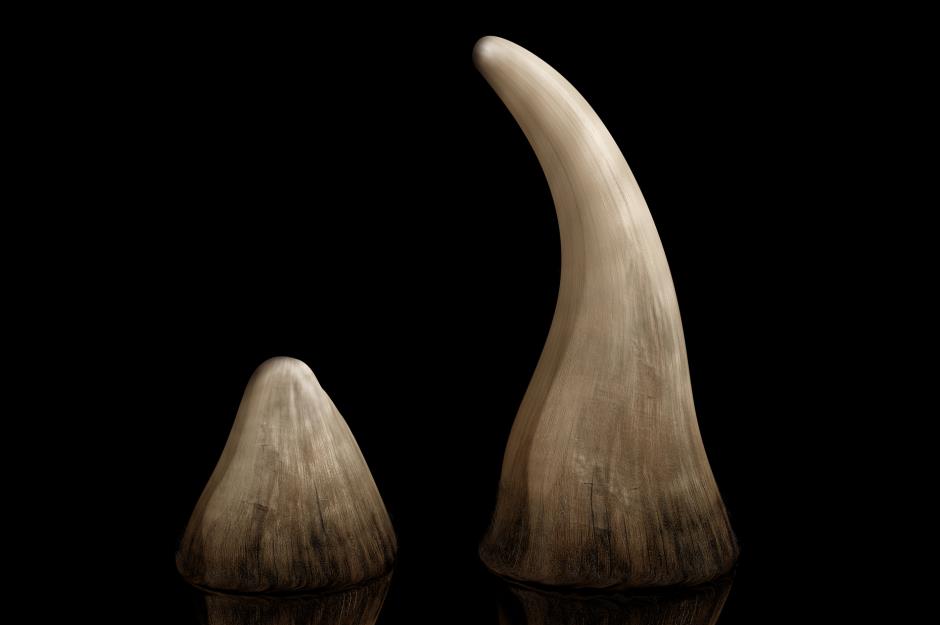
Calls for the rhino horn stockpile to be destroyed
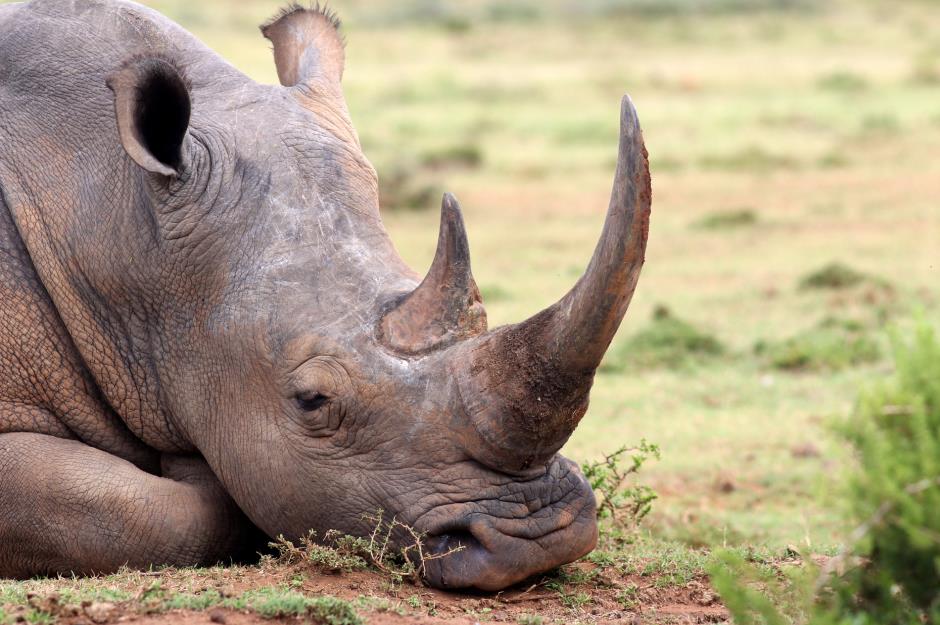
Those that manage rhino horn stockpiles have to adhere to a strict code of conduct and maintain detailed records of their stock, which must also be carefully stored to protect them from damage. This, together with the high security required, makes storing the horns very expensive. Some call for the horns to be destroyed, while others say they should be sold legally to help end the black market trade. Some scientists argue that they should be kept for their research value.
Now discover the most valuable substances on Earth
Sponsored Content
Comments
Be the first to comment
Do you want to comment on this article? You need to be signed in for this feature